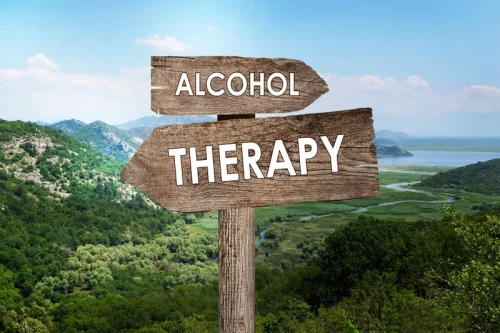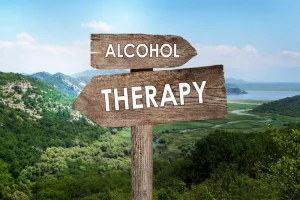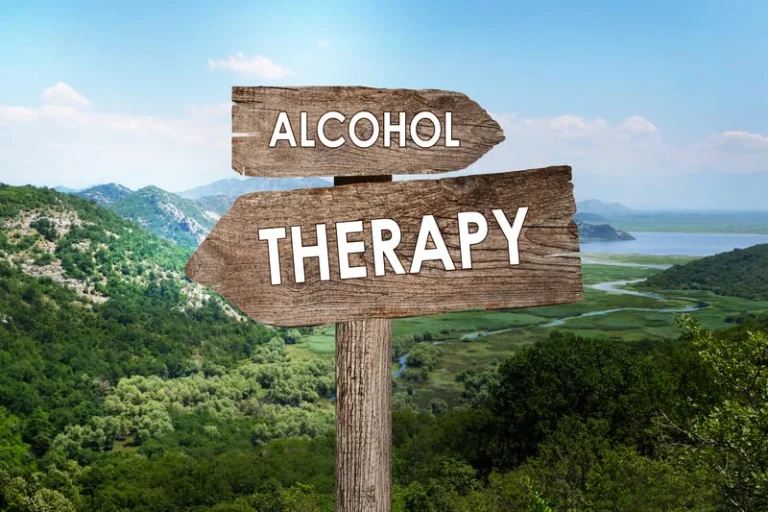
The American Heart Association (AHA) does not recommend drinking alcohol because of its risk of heart damage, including increased risk of blood clots. While moderate drinking is less dangerous than excessive drinking, it is important to avoid drinking alcohol at all if you have concerns about your cardiovascular health or concerns about blood clots. You should also speak to your doctor about weight management, healthy eating, and exercise to change cholesterol, blood pressure, and heart health more effectively than you can with red wine or any other serving of alcohol. While some suggest that moderate alcohol consumption may have a slight anticoagulant effect, meaning it may potentially inhibit blood clot formation, the evidence is not definitive. Other studies have found no significant impact of alcohol on blood clotting factors. While moderate alcohol consumption may have some minimal impact on blood clotting, it is not recommended to rely on alcohol as a reliable blood thinner.
- Some symptoms of blood clots include tenderness, swelling, or having a warm feeling in our arms or legs.
- Alcohol and blood thinners both have effects on the body and combining them can potentially increase the risk of bleeding.
- This increases your risk for deep vein thrombosis (DVT), a condition in which a blood clot forms in a deep vein, usually in the leg.
- In low to moderate amounts, it can act as an anticoagulant and reduce your risk of blood clots.
- If you are taking blood thinners or have a bleeding disorder, it is crucial to consult with your healthcare provider regarding the specific interactions between alcohol and your medication.
Negative Side Effects Of Heavy Alcohol Use

For some people, having a glass of wine, a beer, or a cocktail is a pleasurable social or relaxing activity. The acute effects of alcohol on the myocardium include a weakening of the heart’s ability to contract (negative inotropic effect). Pairing risk factors with genetic conditions or having multiple risk factors can increase our chances of getting a blood clot. Consuming alcohol leads to a lower number of blood platelets because the substance hinders the bone marrow’s ability to produce these cells. It also changes their physical makeup, making them less sticky and therefore less able to stick together and form a clot. Alcohol may not trigger blood clotting processes but actually, restrict them.
- However, it’s important to note that the effect is relatively minor and should not be relied upon as a substitute for prescribed anticoagulant medications.
- Always consult with healthcare professionals for personalized advice and guidance based on individual circumstances.
- A well-rounded approach that includes regular exercise, a balanced diet, and avoiding smoking can contribute to optimal circulation.
- And the paperwork, sometimes called the medication guide or patient package insert, may contain details about interactions.
- The index date for the patients with AI was the date of their first admission visit.
Annovera interactions with other medications

Always consult with healthcare professionals for personalized advice and guidance based on individual circumstances. So when considering drinking alcohol while on blood thinners, taking specific steps under medical supervision can contribute to a safer and more controlled approach. Moderate alcohol use is generally safe while taking most blood thinners.
Understanding Blood Thinning
It is crucial to consult with a healthcare provider to understand the potential interactions between alcohol and specific blood thinners. Alcohol can also interfere with the production and function of certain blood clotting factors. Chronic alcohol abuse may lead to deficiencies in important does alcohol prevent blood clots clotting factors, which can contribute to an increased risk of bleeding.

However, it’s important to note that different types of alcoholic beverages can have different effects on your overall health. If you or someone you know is struggling with alcohol addiction, seeking professional help is vital. Alcohol addiction can have serious consequences on both physical and mental health.
- Because of the effects of alcohol in the blood and the reduction of platelets, the body often triggers an increase in platelet development and release, causing an overabundance of platelets to counteract the effects of the alcohol.
- Heavy alcohol consumption can also lead to accidents, mental health issues like depression, risky sexual behaviors, and liver disease.
- These findings provide evidence for physicians that enables them to prevent VTE when managing patients with AI.
- Most of the participants in this study were men (90.1%), and nearly seven-tenths were younger than 50-years old.
- Drinking more than 3 drinks at a time may also raise blood-pressure and lead to a short-term boost in cortisol production.
- Thick blood (hypercoagulability) stops oxygen, hormones, and nutrients from moving smoothly throughout your body.
How Much Wine is OK?
Some people may initially follow these recommendations but become tempted to increase their alcohol intake over time. Alcohol can also affect the action of platelets, which are the components of the blood that form clots. A 2016 review suggests that significant daily alcohol consumption increases the activity of platelets. About 30 grams of alcohol — equating to two standard drinks — can lower fibrinogen levels, which can affect blood Alcoholics Anonymous clotting. Therefore, people should always check with a doctor or pharmacist whether it is safe to drink alcohol with a particular blood thinner. Other researchers have used genetic approaches (i.e., transgenic animals) to prevent ethanol-induced oxidative stress.

Short-term alcohol use can lead to high blood pressure and thinned blood because it hinders blood cells’ ability to clot. Long-term, excessive drinking can decrease your heart’s ability to function correctly. Drinking alcohol in moderation may have a protective effect on your blood vessels. Some research finds that alcohol increases levels of high-density lipoproteins (HDL, aka “good cholesterol”).
- In various biologic systems, oxidative stress can be measured or inferred by several biologic indexes.
- For example, excessive alcohol intake may interfere with the metabolism of warfarin, potentially leading to either decreased effectiveness or increased risk of bleeding.
- If you’re looking for a drink full of polyphenols, red wine could be a good choice.
- The effects of alcohol consumption on the blood are either short-term or long-term.
- By adopting these preventive measures and closely managing existing conditions, we can reduce our risk of alcohol-related blood clotting and promote overall cardiovascular health.
Mixing alcohol https://ecosoberhouse.com/ with any prescription drug is dangerous, and mixing alcohol with blood thinners decreases the effectiveness of this drug. If you have a prescription for a blood thinner like warfarin, the risk of uncontrolled bleeding increases with moderate drinking while the risk of blood clots increases with heavy or binge drinking. The precise impact of alcohol on platelet function can vary depending on factors such as the amount of alcohol consumed, individual differences, and other health conditions.
This physiological response primes a person to be alert and ready to act. Alcohol can cause an increased release of cortisol and, in turn, higher blood pressure and a faster heartbeat. It should also be noted that the amount of alcohol provided in this study (mixed with soft drinks) equaled that typically consumed in one or two drinks. How long the reduced clotting processes (due to thinner blood) remained in effect was not the focus of the study, and further research is required. When it comes to the health of your blood vessels, have a conversation with your doctor. But having more than three alcoholic drinks daily could increase your risk for a type of stroke caused by bleeding in the brain (hemorrhagic strokes).
